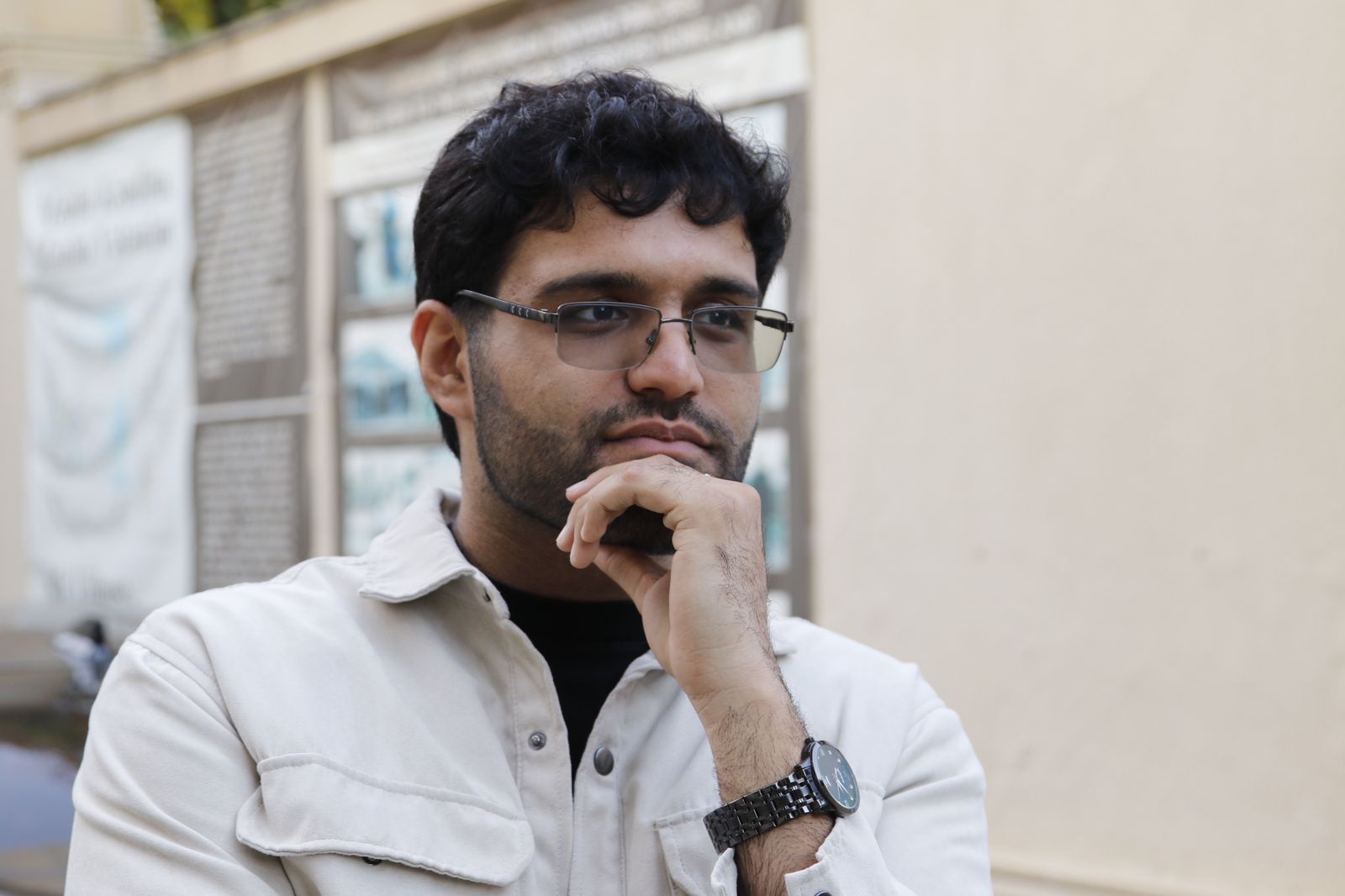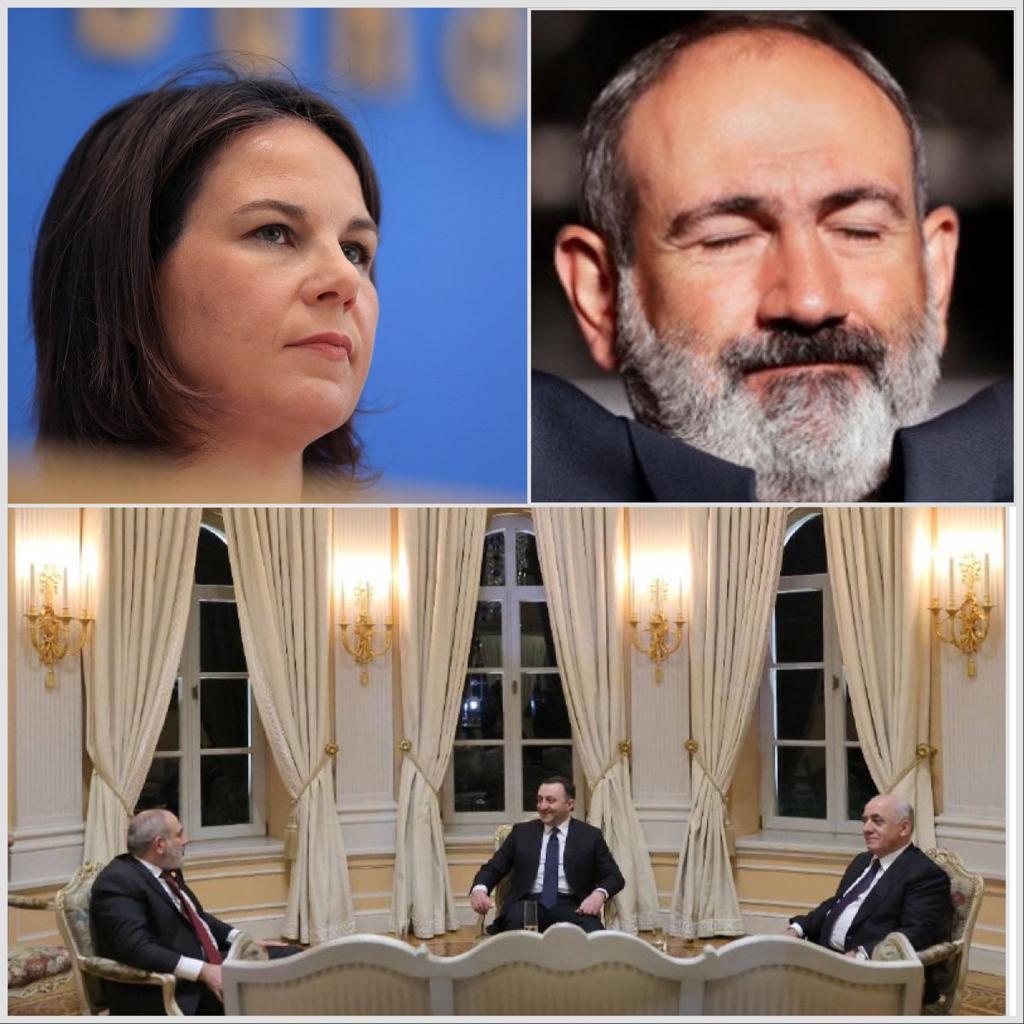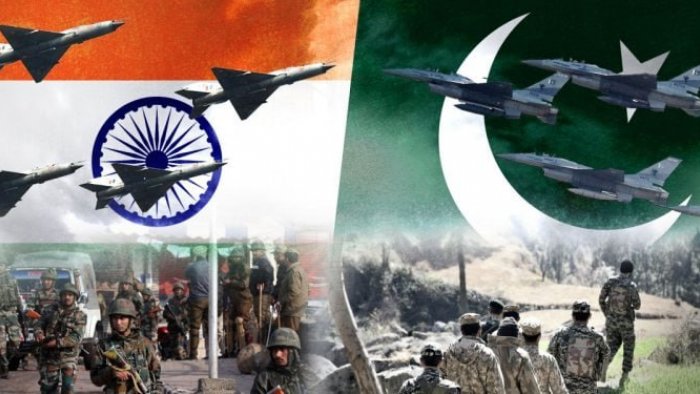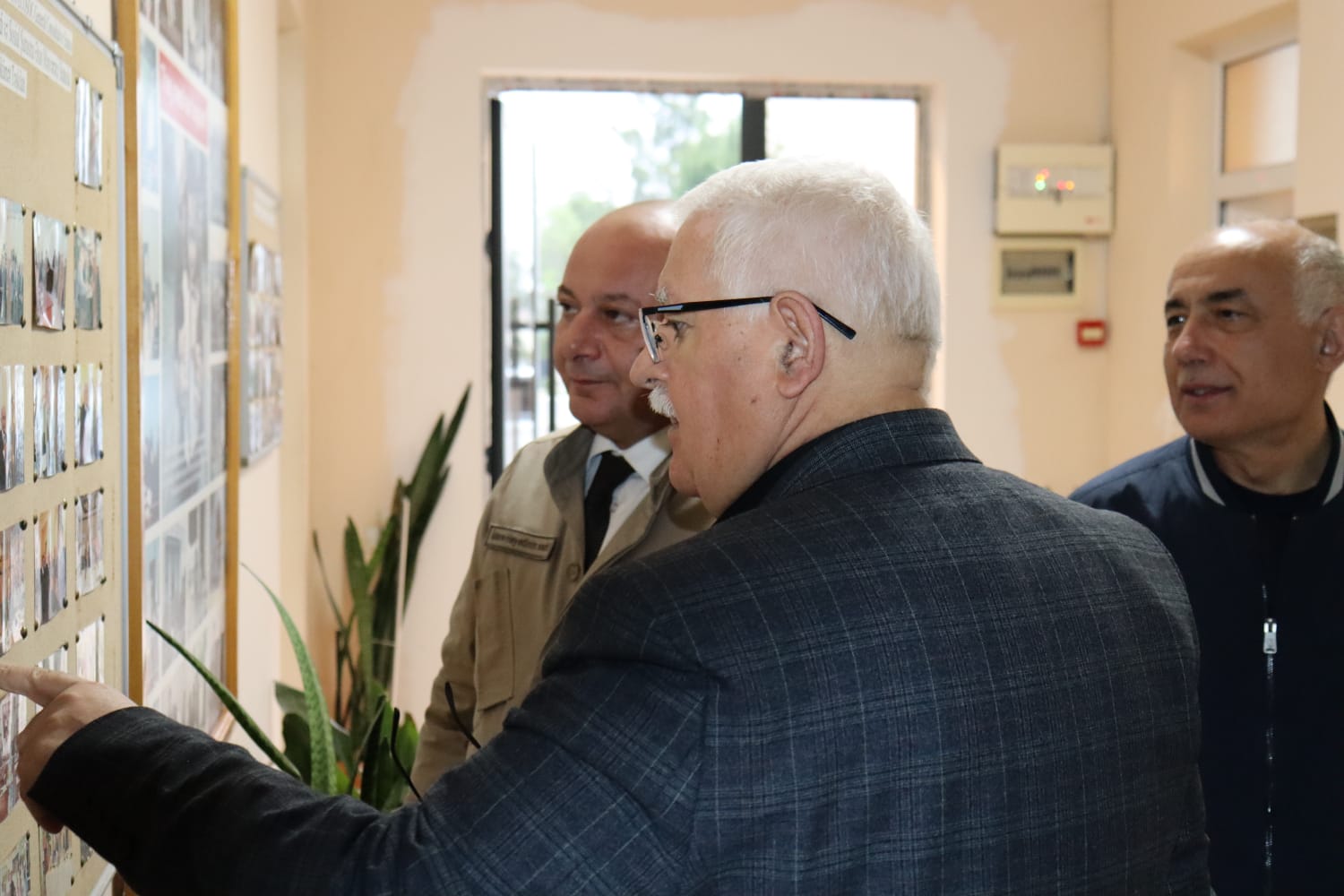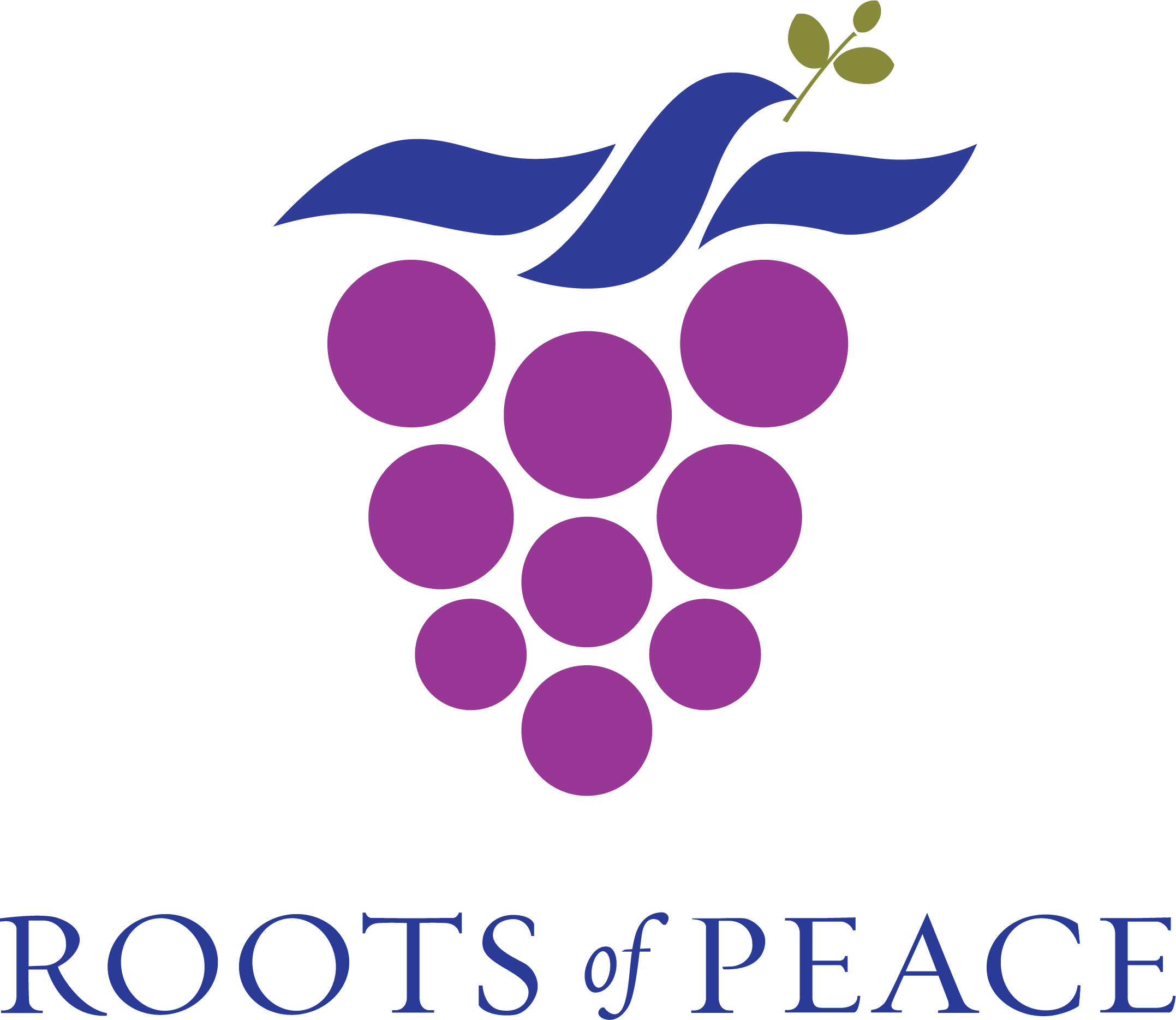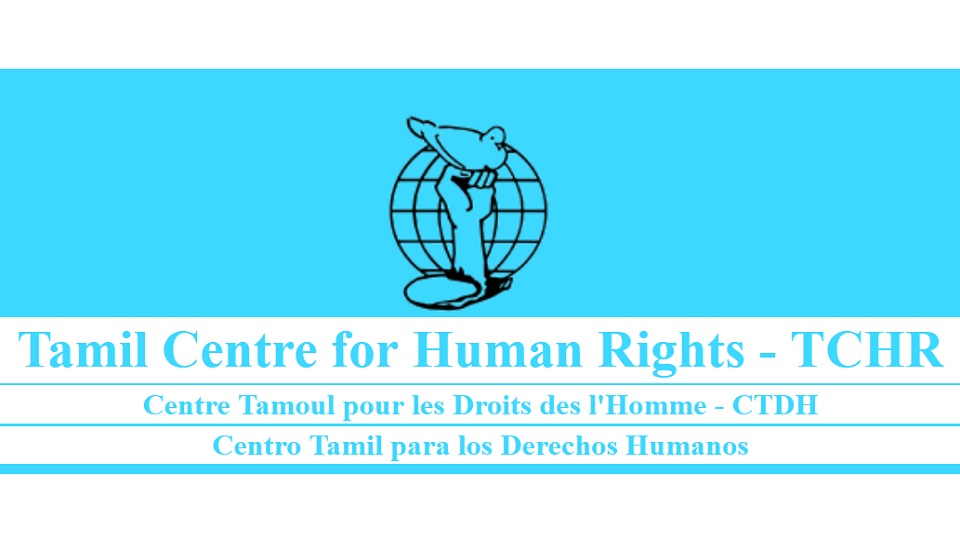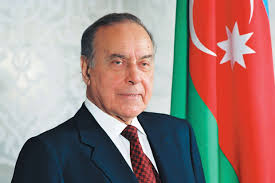Since last week, several important political processes have taken place in the South Caucasus region. First, let's look at a brief overview of the most important processes taking place and what steps the countries of the region have taken on the road to peace.
Armenia's desperation...
A meeting of the Prime Ministers of Azerbaijan, Armenia and Georgia was held in Tbilisi, and within the framework of the meeting, a number of important speeches were made regarding the peace agreement and security of the region.
Armenian Prime Minister Nikol Pashinyan's views have caused great interest. Thus, the project presented by the Armenian Prime Minister called "Peace Intersection" opened the way for great discussions in the media. He noted that the main goal of this project is the development of communications between Armenia, Turkey, Azerbaijan and the Islamic Republic of Iran through the repair, construction and operation of highways, railways, pipelines, cables, power lines.
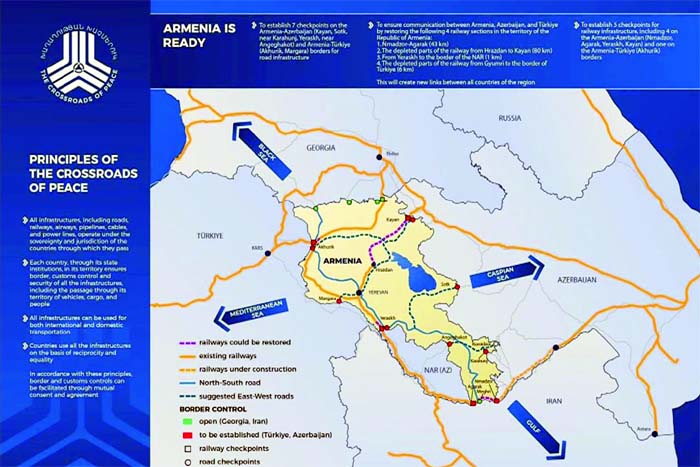
It is worth noting that this is a continuation of the idea of "Armenian crossroad" - Armenian road junction, which N. Pashinyan has voiced from time to time. This is a clear indication that the prime minister is trying to increase his political weight and that of his country. Such steps have been taken many times by politicians trying to gain influence. K. Kılıçdaroğlu, the head of CHP of Turkey, who has just finished his post, also spoke with such a new corridor format, which did not include Azerbaijan and caused a scandal. Especially this was aimed at gaining influence as an alternative way. Pashinyan's similar move shows his desperation concretely. Because the Zangezur Corridor, which Azerbaijan has proposed for years and which plays an important role on the road to peace, declared that it is no longer attractive to the Baku government, the situation has changed. As if this had gone astray, Iran, Armenia's closest ally in the region, realized that the interest and cooperation in the transport corridor proposed by Azerbaijan would pave the way for Armenia's isolation. However, what he cannot understand is that, apart from such proposals, Armenia must first fulfill its obligations related to peace and security. We can see positive progress, but it can be seen that the step taken was taken in order not to lag behind the countries of the region in the framework of the rise. Pashinyan is trying to become the second fake "Saakashvili" in Europe.
The most suitable candidate for mediation: Georgia
I think that the meeting between the prime ministers in Tbilisi was not discussed enough. This was actually an attempt to add political weight to Georgia like N. Pashinyan, but in a more successful format. The offers made in the region do not lag behind in their variety. All the proposed ideas were proposals that could be important in signing the peace agreement. However, except for the 3+3 format, there was no offer with a strong base. Actually, Georgia avoided participating in that meeting as well. In fact, Georgia first held a meeting with the prime ministers in order to gain political weight on the way to the EU. He knows that Tbilisi will gain strong legitimacy if conditions are created for the signing of a peace agreement and if it manages to implement it.
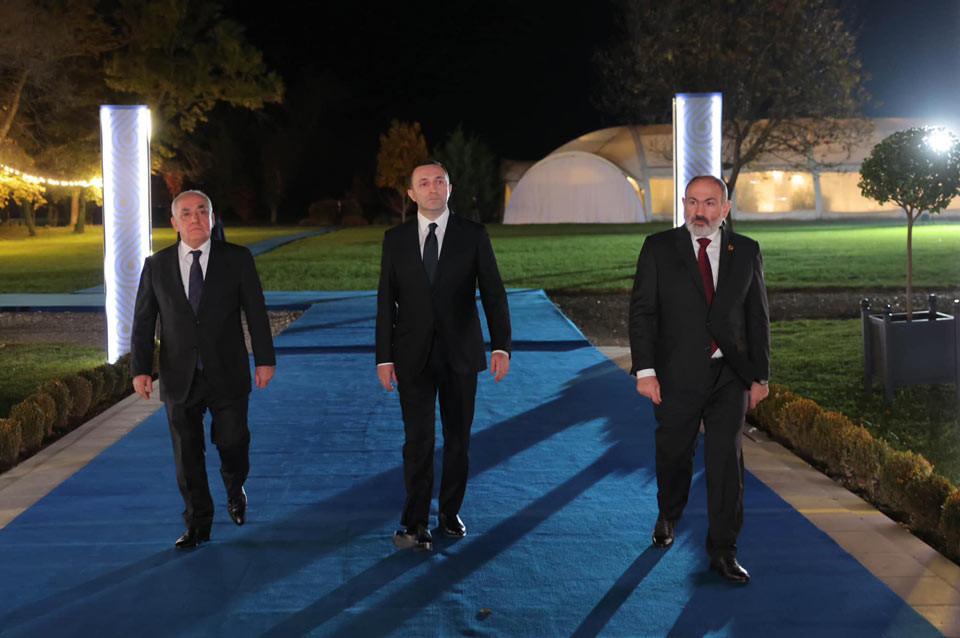
It may sound interesting, but there is no force in the region that can act as a mediator except Georgia. Because Iran, Turkey and Russia each have their own interests. For example, the proposals presented by Russia have not undergone fundamental changes since 2020. Georgia is the most neutral power in the region. They will have the opportunity to be an example to the world, both for the countries of the South Caucasus to ensure their own security without any external forces, and with the realization of the "South Caucasus House" idea. In particular, this is a conflict zone, and when choosing a mediator, it is necessary to consider whether it has interests in the region. The main essence of this concept is based on this. However, the aforementioned will be eliminated if the "3+3" Format is balanced and strong.
The customer representative of USA and EU in the region - Germany...
As we know, German Foreign Minister Anna Baerbok visited Azerbaijan and Yerevan on November 3-4. Since the beginning of the Ukrainian war, the whole of Europe, especially Germany, has damaged its reputation. A large part of Europe is moving towards "de-industrialization". Germany is experiencing a major energy crisis due to the blind ideological pursuit of green policies that have caused discontent among its public. Now, France has temporarily left the region, and Germany has taken its place. Most likely, the real reason is to test Azerbaijan's willingness and ability to supply Germany with energy.
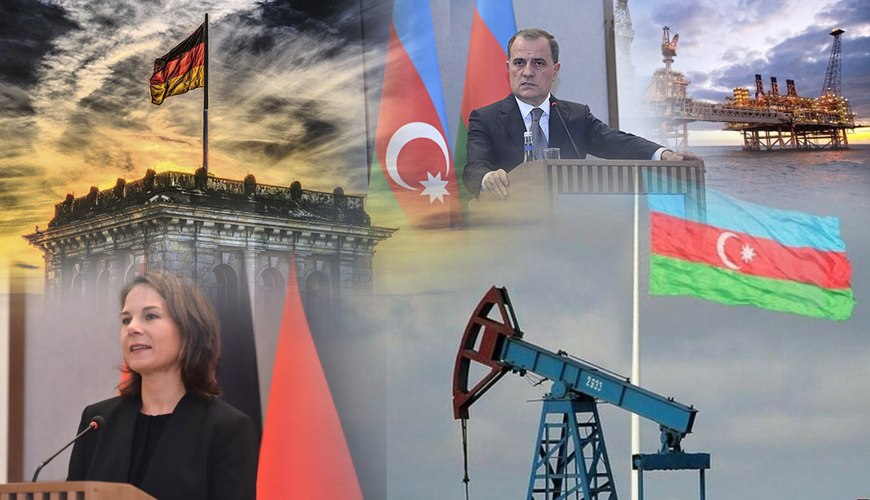
An example of this is the fact that during his speech to the press in Yerevan the other day, he said that we have come here to discuss peace in response to questions about the imposition of sanctions on Azerbaijan. However, they do not have the power to become mediators in the region. As a result, all the political activities of Germany are watched by the EU. The most obvious example of this was when Mrs. Baerbok called the Azerbaijani cities of Khankendi and Shusha with the names of the so-called regime during her speech to the press with Jeyhun Bayramov the other day. Therefore, it is necessary to work hard when coming up with mediation plans. In particular, Ukraine's Naftogaz company and Gazprom's declaration that it will not extend the contract with the company on gas transit to the EU after the end of 2024 seems to have put Europe in a difficult situation. This caused Baerbok to appear as a "mediator" in the peace agreement. They have refrained from declaring that they have come to gas cooperation.
Akbar Novruz
